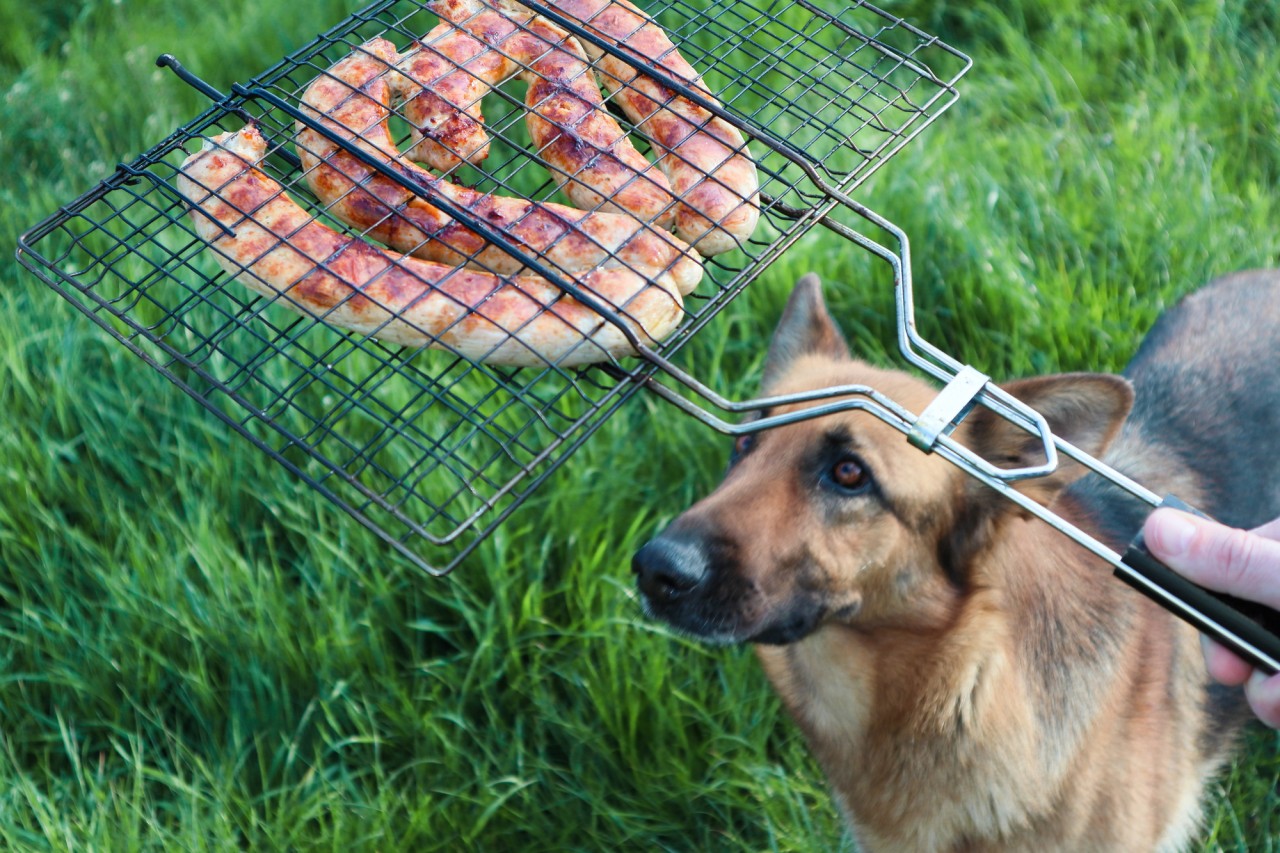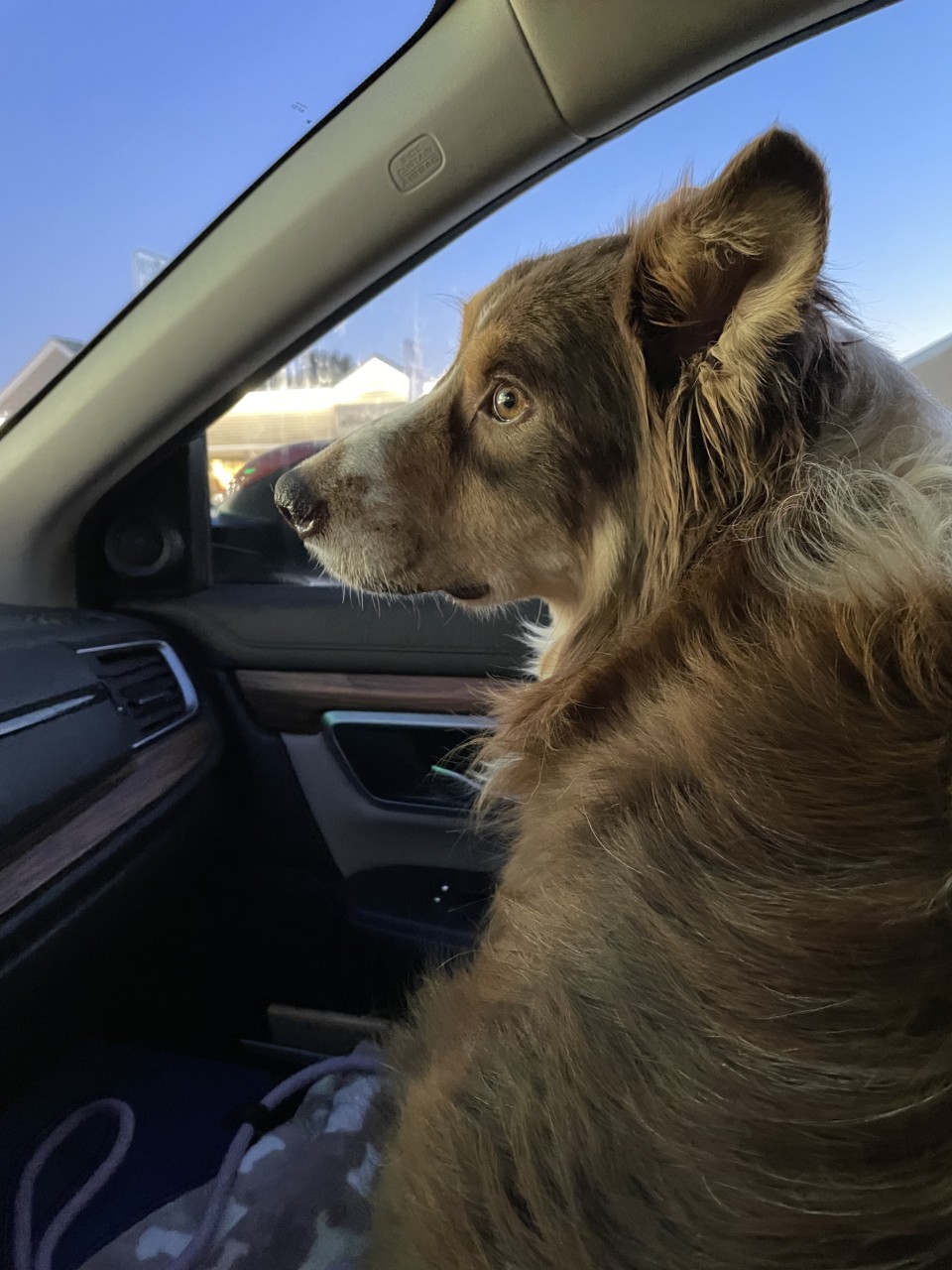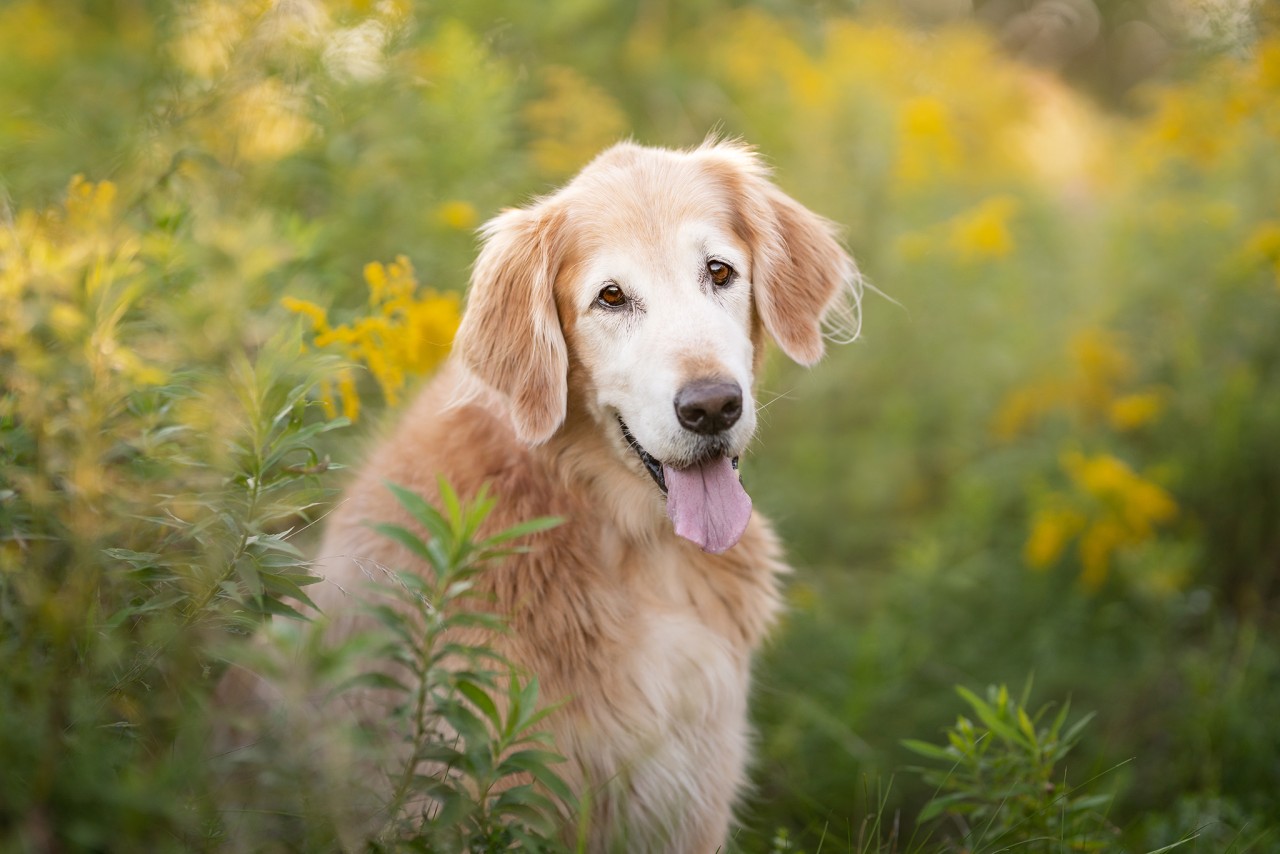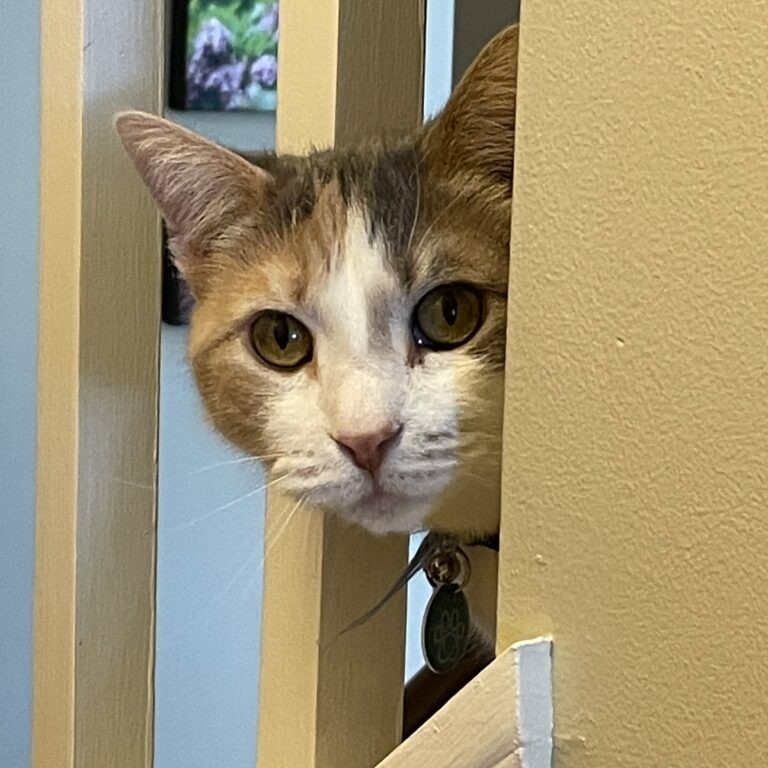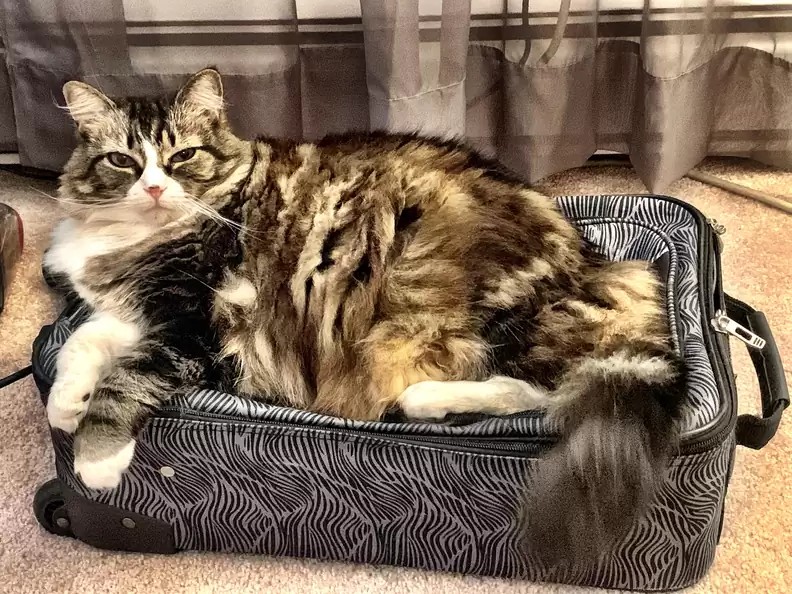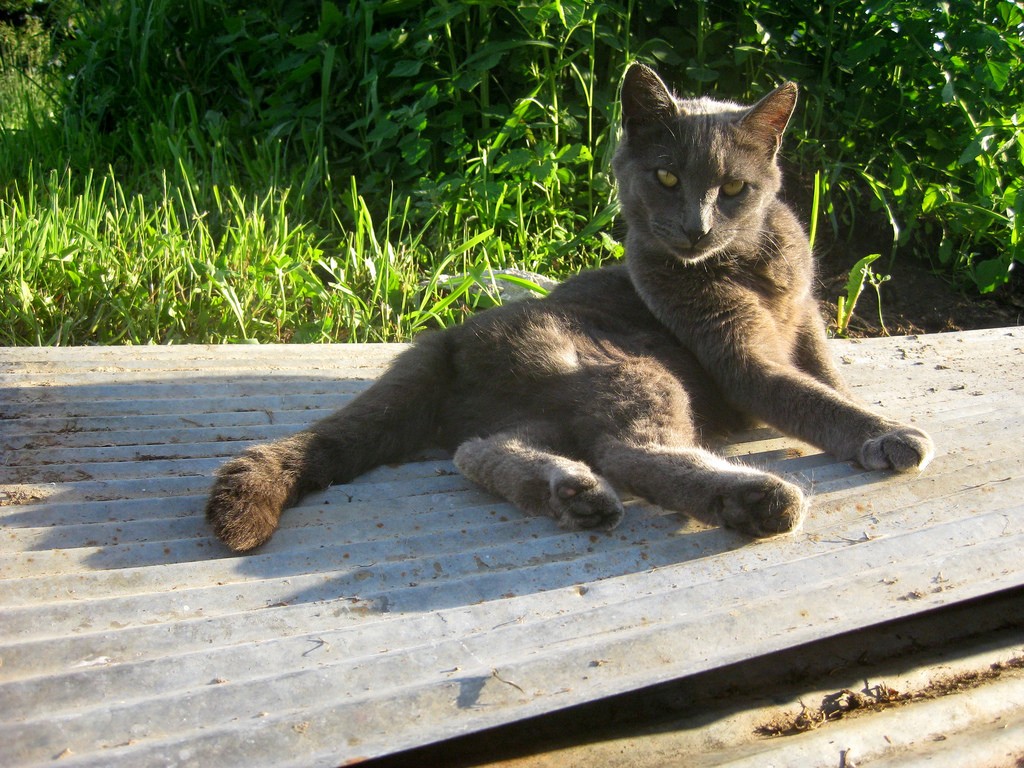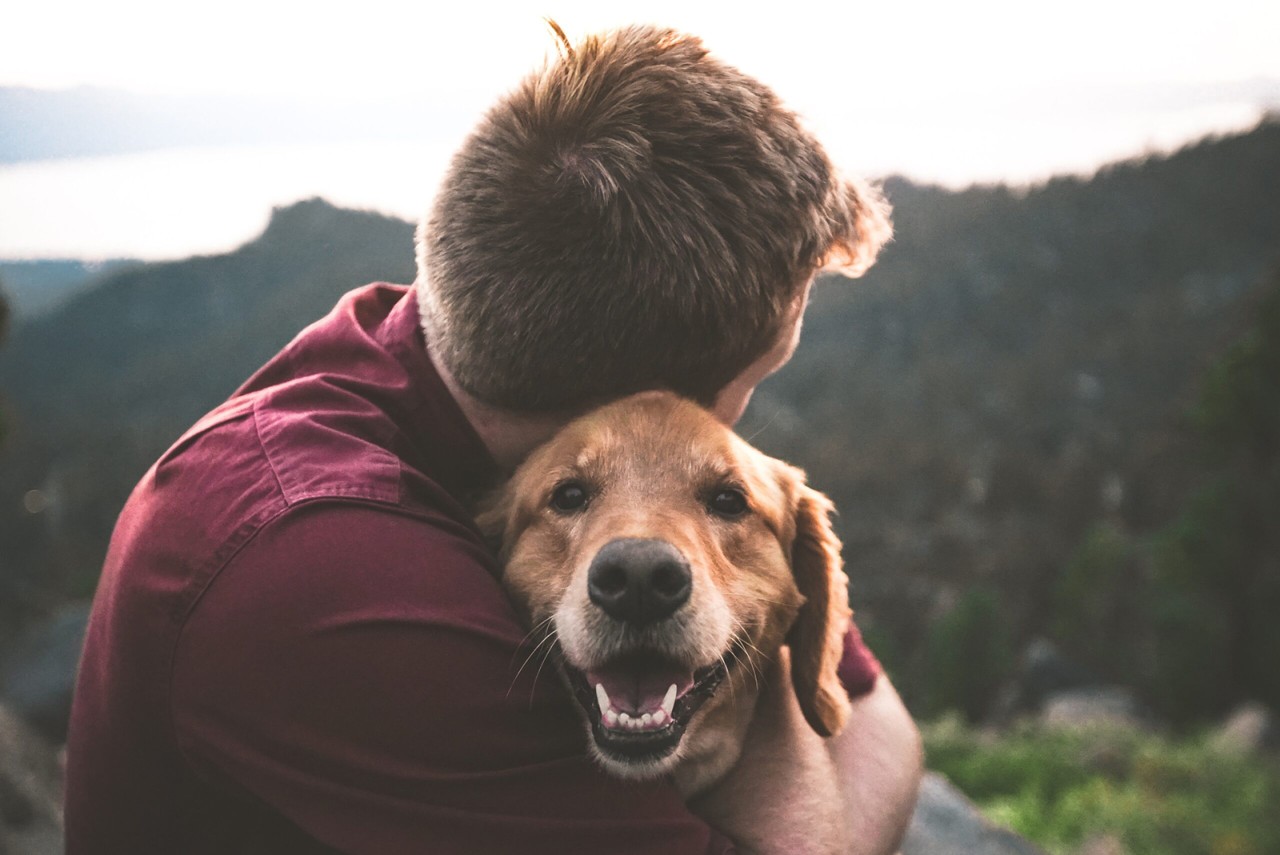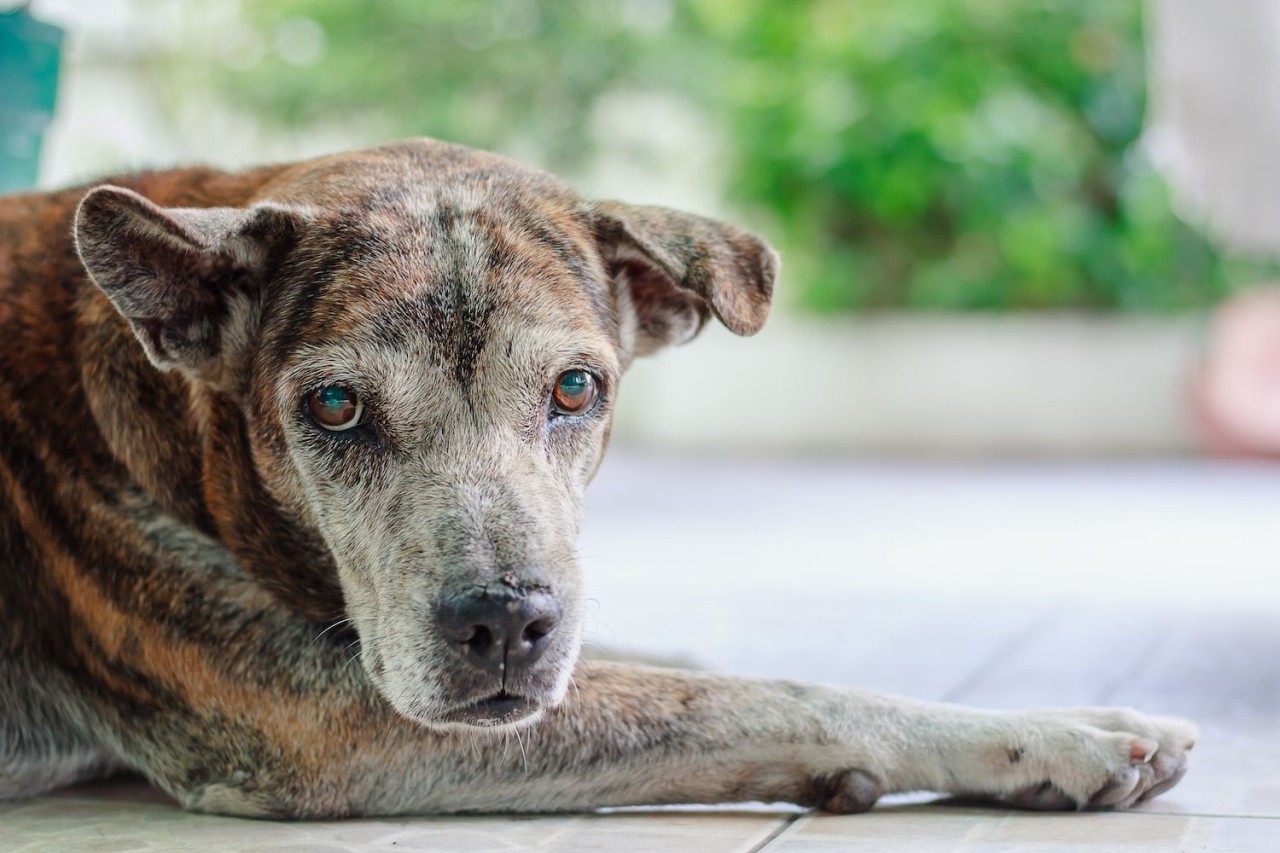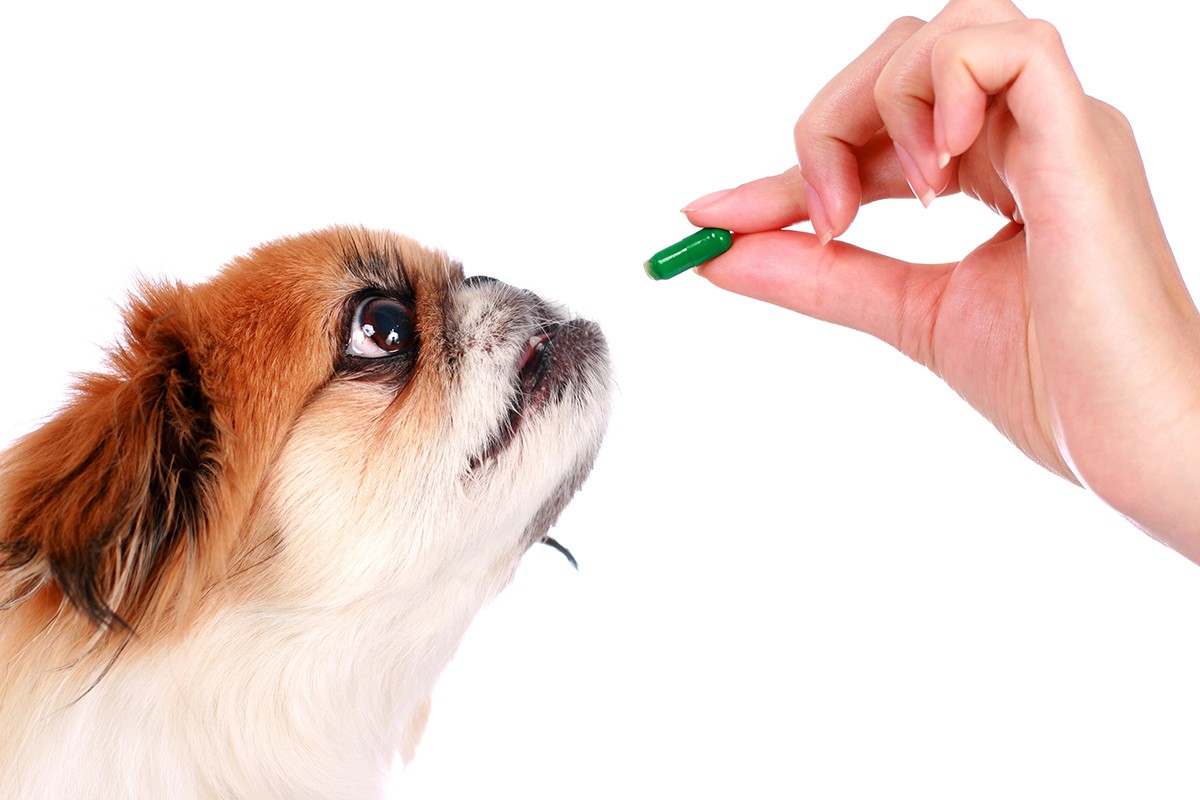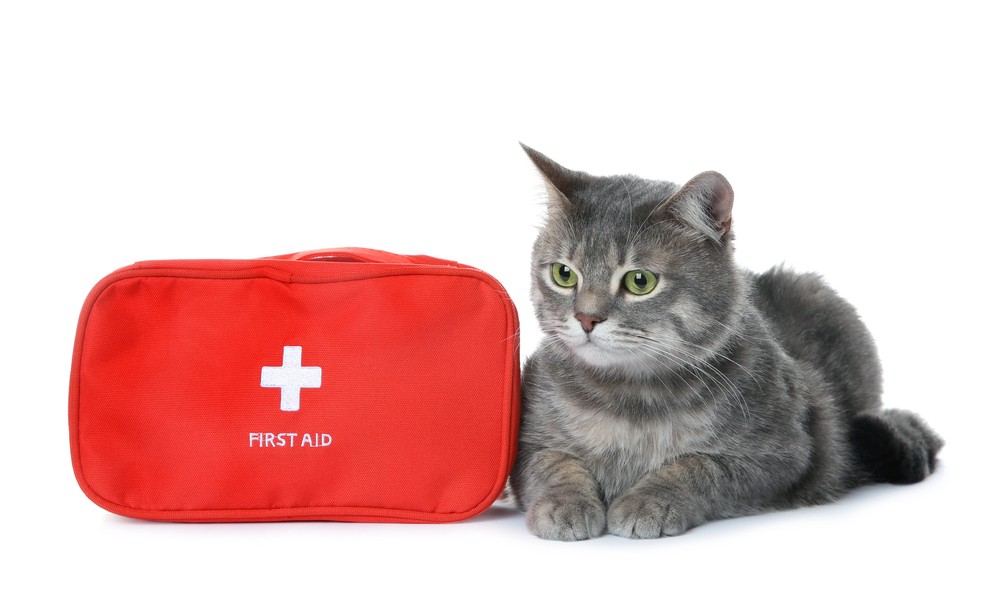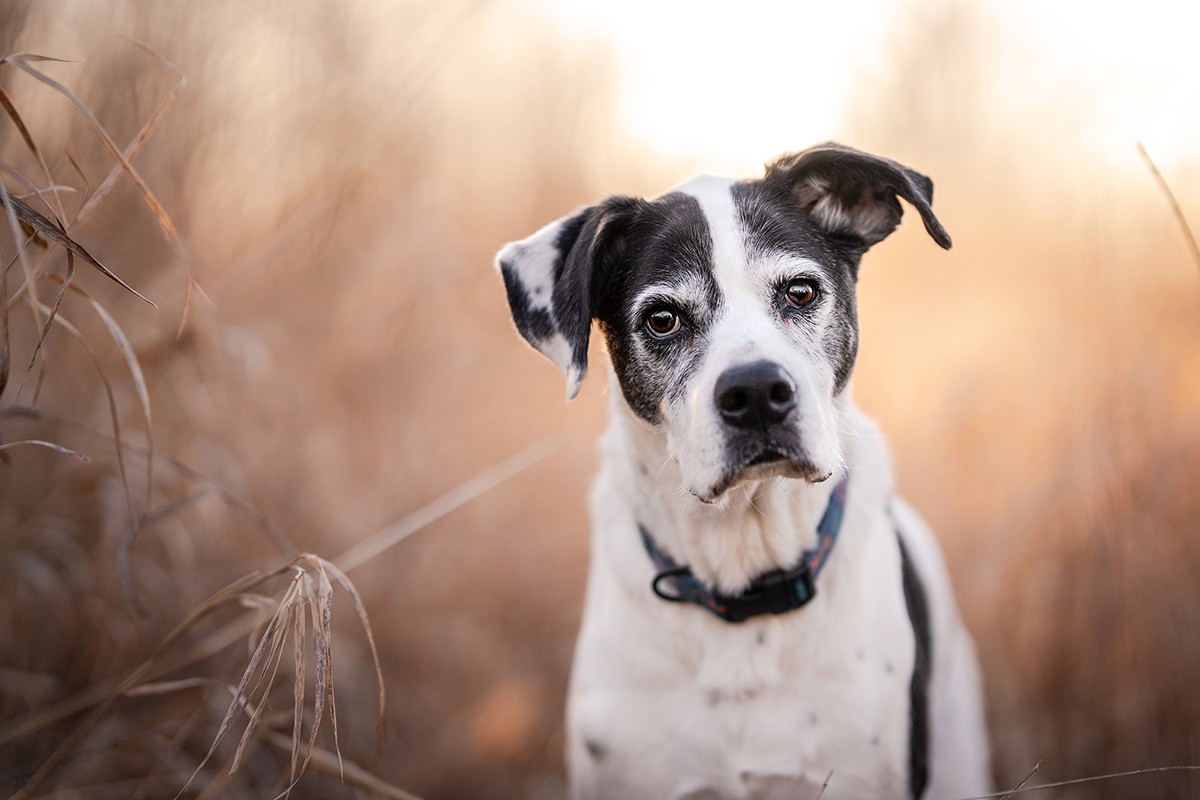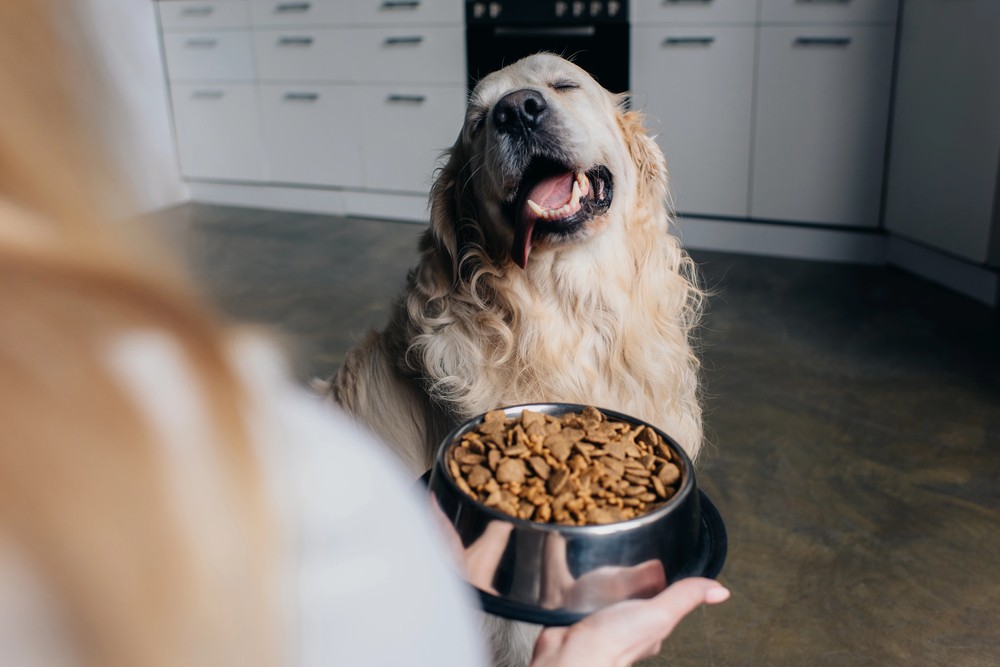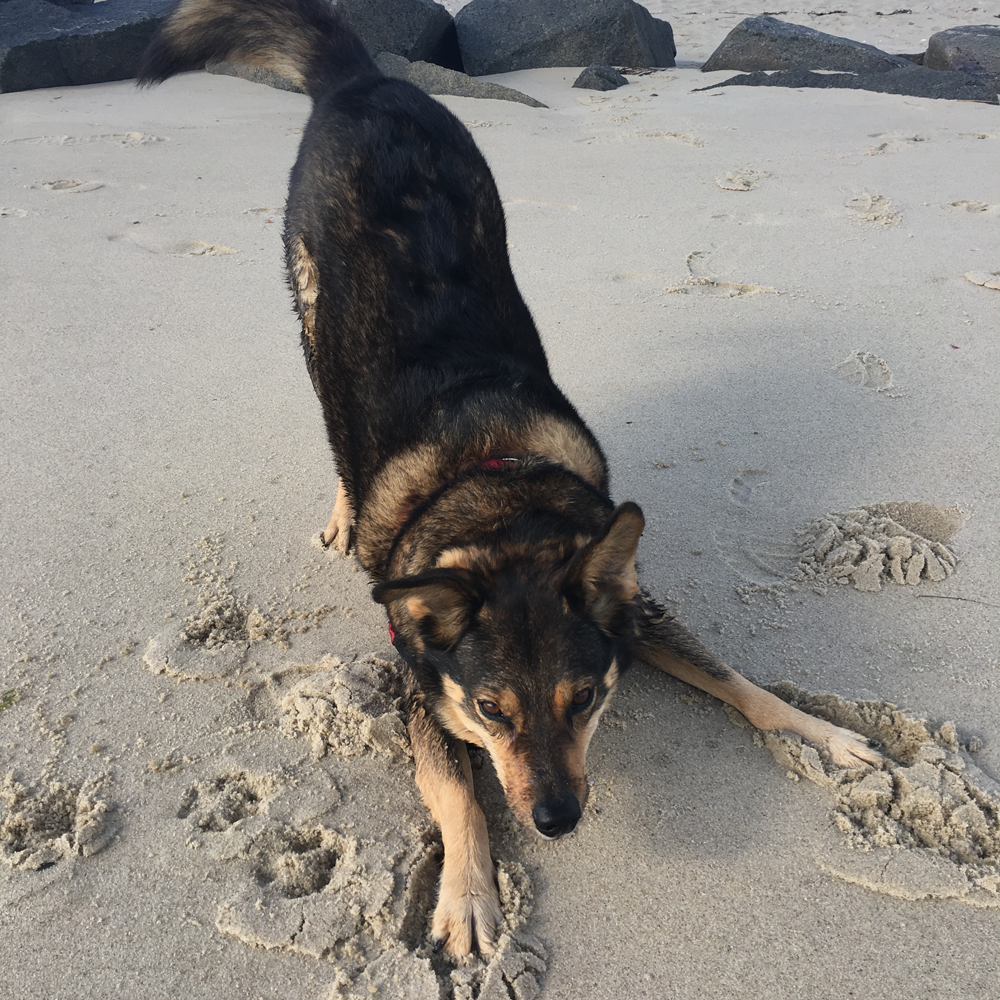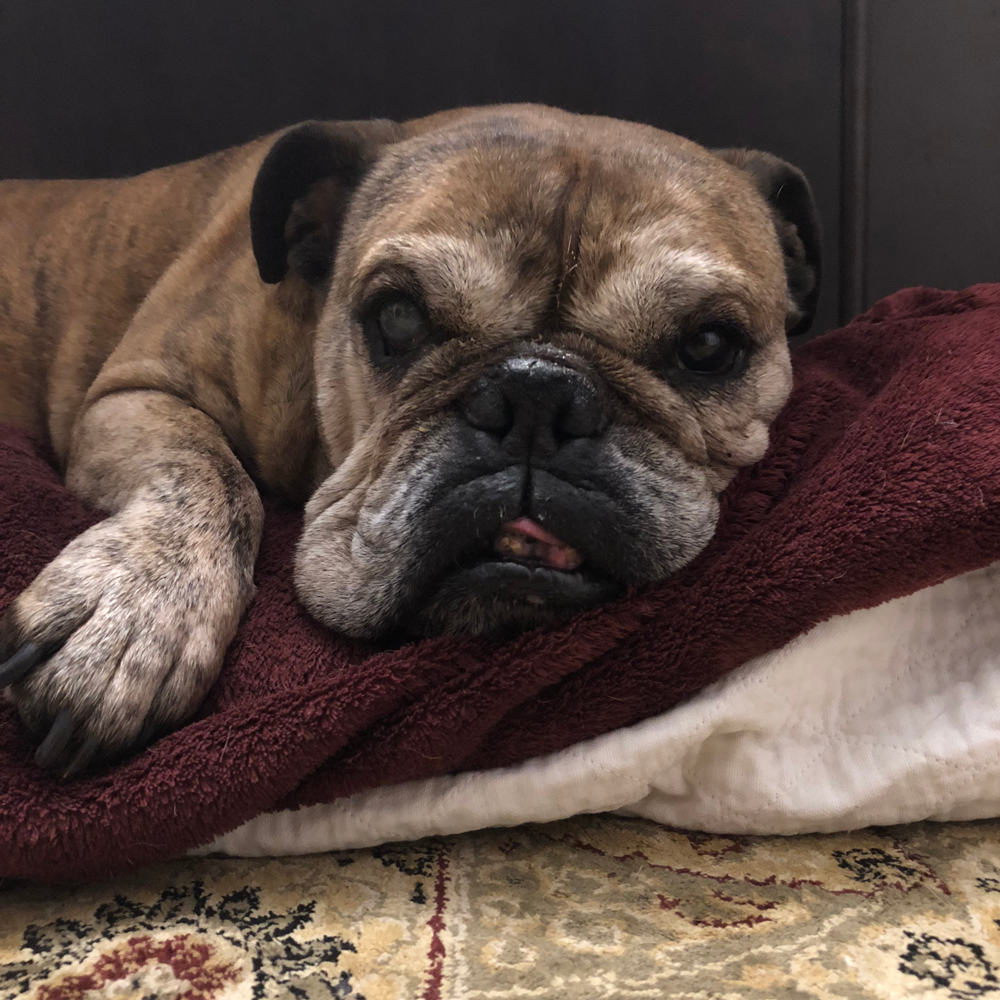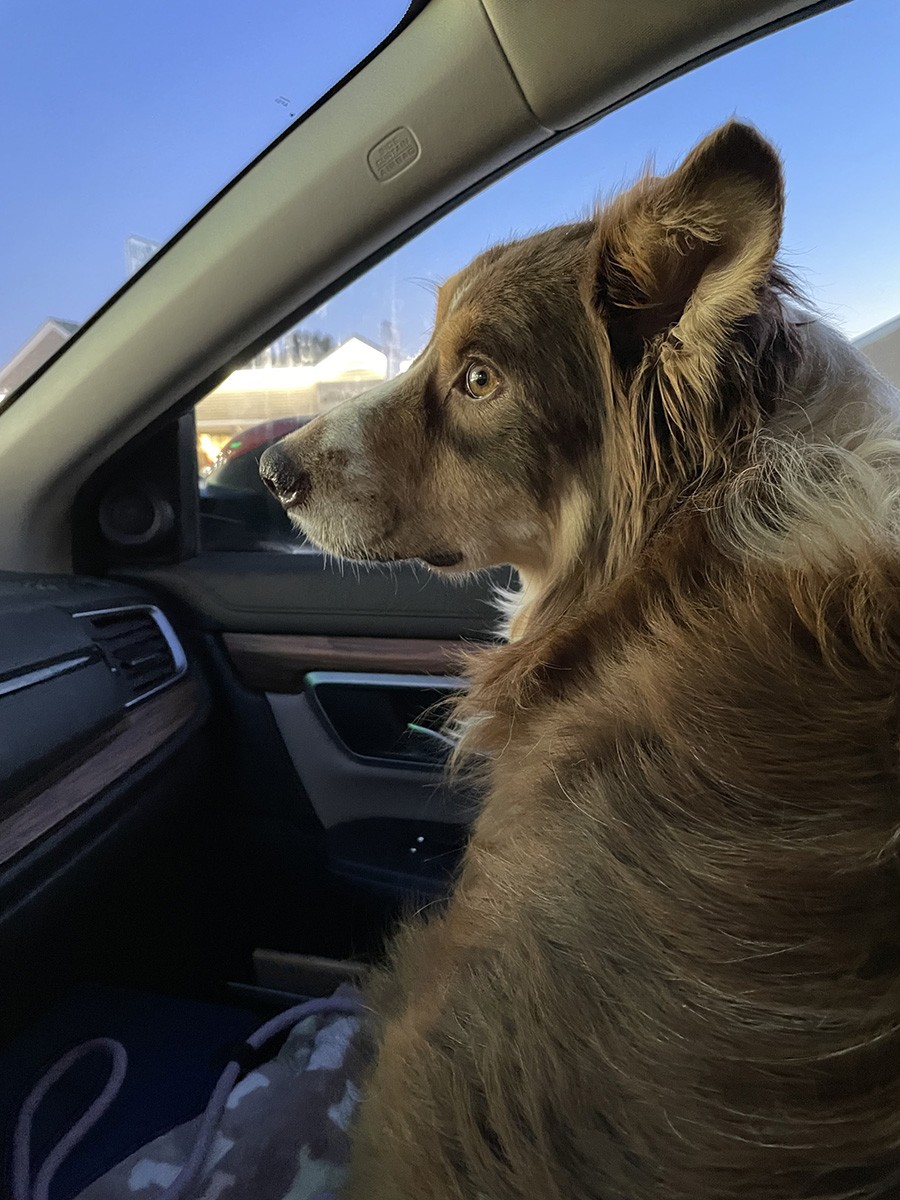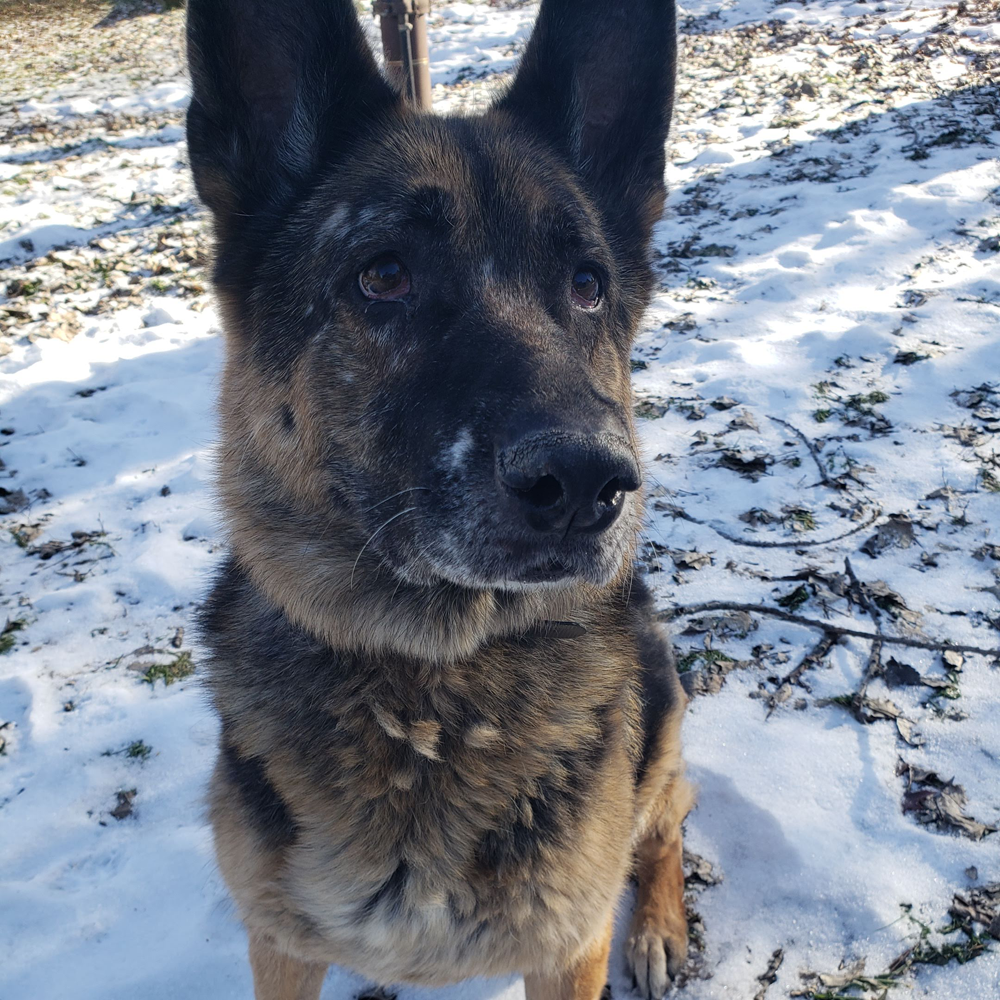Your senior pet may think they're still a party animal and should attend your cookout, but barbecues and grilling outdoors can be hazardous for your furry pal. Before inviting your older pet to your barbecue, follow these five tips to ensure their comfort and safety. 1. Monitor your senior pet's comfort in high temperatures and humidity Geriatric p...
If you enjoy a good road trip, you may wonder if your senior pet can come along for the fun. Leaving them behind in a kennel and missing out on the adventure seems unfair, but travel has some dangers for senior pets. Following these dos and don'ts, you can help ensure your senior pet stays safe on your next car trip. DO consider your senior pet's h...
As your pet's muzzle turns grey, they may become slower and lose the playful enthusiasm they had as a puppy or kitten. This does not mean you should stop providing regular activity for your senior pet—on the contrary, they need regular activity now more than ever. Sedentary pets lose muscle mass, accumulate fatty tissue, and become weaker, which le...
It's finally springtime and after a long winter, the last thing you want to stress over is allergy season, especially for our outdoor friends. Allergies in pets, which typically involve their skin, ears, eyes, and anal glands, can change and develop throughout a pet's life. This means that your senior pet can develop an allergy to substances that h...
Pets of all ages can suffer from noise aversion, which is the fear of startling or loud sounds. Most commonly, pets with noise aversion are terrified of such booming sounds as thunderstorms and fireworks, but they can also be afraid of vacuums, construction noise, loud sounds on the TV, yelling children, and other everyday noises. With age and loss...
Going out of town and leaving your beloved senior pet in a pet sitter's care can cause a great deal of unnecessary worry and stress. By preparing your pet sitter for your senior pet's needs, you can ensure they have the tools to provide proper medical and nursing care to keep your furry friend happy and healthy. Before setting out on vacation and l...
If you think your pet has ingested a toxin please call the ASPCA Animal Poison Control Help Line at (888)426-4435. Although your senior pet is no longer a mischievous puppy or kitten, they still investigate their environment with their nose and mouth and may encounter a pet toxin that is too tempting to pass up. Toxicity in your senior pet can be d...
When your pet was a pup, they could play all day in the hot sunshine, never seeming to pant more than normal. However, the older your pet gets, the more they seem affected by extreme weather conditions. They shiver more in the cold and seem to shun blazing temperatures and humidity, seeking out your cool, air-conditioned home. Although you may thin...
Whether your New Year's resolutions include getting fit, reorganizing your closets, or drinking a gallon of water each day, don't forget to include your senior pet in your initiatives. Your pet relies on you for their health and happiness, and chances are their daily routine could be improved. A new year is a perfect time to evaluate your pet's die...
By the time your pet becomes a senior, you've spent many years loving their every version—through puppyhood when no piece of furniture was safe, into adulthood, as you learned to appreciate their unique personality and neuroses, and now as a senior, whom you love more than ever. A senior pet is truly a privilege, and it's no wonder pet owners want ...
Watching your beloved senior pet have a seizure can be extremely unsettling, particularly during their first seizure. Their uncontrolled movements and odd behaviors can be downright scary. Unfortunately, seizures are related to many medical conditions that commonly affect senior pets, including: Epilepsy Brain tumors Liver disease Kidney failure Di...
As your pet ages, they are more likely to develop a health problem that requires medication administration, perhaps on a daily basis. Giving medications to your pet can be a hassle. And, your pet may begin to think of you only as the person who chases them down each day to shove a pill down their throat, which may fracture your trusting relationshi...
As a senior pet owner, you know your greying companion has become less resilient, and conditions that were previously not concerning now may require immediate emergency care. While some situations in your senior pet present clear red flags, others can be difficult to assess whether a trip to the emergency room is required. Here are eight situations...
Losing your pet can be devastating for you and your family, but there are ways to make the transition easier. One of the best ways to heal from loss is to feel your pet has been memorialized. Memorializing pets is very important to us at Paws at Home. From the paw prints and fur clippings we offer at appointments to the tribute page we have on our ...
You want to do everything possible to preserve your senior pet's health, and helping them maintain a healthy weight is one of the best ways to keep them healthy, happy, and comfortable. Excess weight can enhance aging effects on your pet's body, place additional strain on painful joints, and make diseases such as diabetes and heart failure more lik...
Thinking about creating a bucket list for your beloved pet can be difficult, but such a list allows you to spend precious time focusing on making memories with your furry companion. Many pet owners start bucket lists once a senior pet reaches their final days, or after they've been diagnosed with a terminal condition, such as untreatable cancer. If...
As your pet reaches geriatric status or is diagnosed with a terminal illness, you may begin thinking about the inevitable. How do you plan to celebrate your pet's life after their passing? Memorializing your cherished companion is very personal, but the decision may overwhelm you during your time of grief and sorrow. As a starting point, consider t...
Traveling with your senior pet pal can be a great way to bond and grow closer. But, bringing your older pet along will require forethought and planning. These 10 tips will help you plan a successful trip with your favorite travel buddy. 1. Schedule a pre-travel veterinary appointment for your pet Before traveling, plan a discussion with your veteri...
Making homemade dog treats is just as easy as making cookies for you and your family. In fact, they're prepared in almost the same way. Of course, the biggest benefit is that your furry friend will love these homemade treats! But beyond that, you also know exactly what is going into the treats and how it will impact your pup's health. Here are a co...
Winter is almost here and exposure to winter's dry, cold air and chilly rain, sleet, and snow can cause chapped paws, icy noses, and itchy, flaking skin. Here are a few tips to make your pet as comfortable as possible. Vermont is beautiful in the wintertime, the snow is glistening and the skies are so clear but winter can also be dangerous. It can ...


